Farmers in Dong Trieu ward use machines to harvest Atlantic potatoes.
According to statistics from the Department of Agriculture and Environment, the province currently has nearly 7,000 tillage machines, more than 2,500 threshing machines, 3,000 milling machines, about 700 sowing machines, bringing the mechanization rate of tillage to 95%, harvesting to over 80%, milling and preliminary processing to over 95%. In addition, the completed irrigation system helps 80% of the cultivated area to be actively irrigated. Notably, many technical advances have been applied such as remote-controlled aircraft spraying pesticides, water-saving irrigation systems, tray sowing machines, transplanters, combine harvesters, etc. These technologies not only save time and costs but also reduce labor, improving production efficiency. Promoting mechanization has brought many practical benefits, production costs have decreased by 20-30%, productivity has increased by 10-15%, and post-harvest losses have been significantly reduced.
Along with mechanization, the agricultural sector is also active in the digital transformation process. Notably, with the motto of transforming from traditional operating methods to digital environment, the Agricultural Extension Center (Department of Agriculture and Environment) has proposed key solutions such as using IoT sensors, artificial intelligence (AI), automatic control systems in barn and pond management; digitizing production logs, tracing product origin; standardizing technical processes to guide farmers.
In 2025, the Center will focus on researching and testing new crop varieties such as custard apple and early-season lychee, and propose to carry out provincial-level scientific tasks on applying advanced farming methods in rice production to reduce greenhouse gas emissions and protect the environment. The Center is also implementing the project "Testing the application of Japanese technology to improve agricultural processing capacity, towards sustainable agricultural development", expected to contribute to improving processing capacity, increasing the value of agricultural products and improving production efficiency for farmers.
In recent times, digitalization has also helped to encourage the development of e-commerce for agricultural products. Currently, information on over 450 products participating in the OCOP program of localities across the province has been updated, helping many businesses, cooperatives and business households in the province to submit documents and conduct online transactions on e-commerce platforms.
Along with the achieved results, mechanization and digital transformation in the agricultural sector in the province still face many difficulties. Some stages such as sowing, preliminary processing, and deep processing have not been mechanized synchronously. The production scale in many places is still fragmented, and limited intra-field traffic infrastructure makes it difficult for machines to be effective. Initial investment capital for farmers is still limited, while machine operation and repair services are still mainly spontaneous. The workforce operating modern equipment has not been properly trained, affecting the efficiency of use.
To overcome these difficulties, in the coming time, the provincial agricultural sector will focus on implementing many synchronous solutions such as: Supporting loans, encouraging enterprises and cooperatives to invest in mechanical services; organizing training on technical operation and maintenance of agricultural machinery for farmers; investing in developing field infrastructure and intra-field traffic; focusing on and building agricultural product value chains associated with OCOP and VietGAP programs...
Nguyen Thanh
Source: https://baoquangninh.vn/day-manh-co-gioi-hoa-va-chuyen-doi-so-trong-san-xuat-nong-nghiep-3374420.html



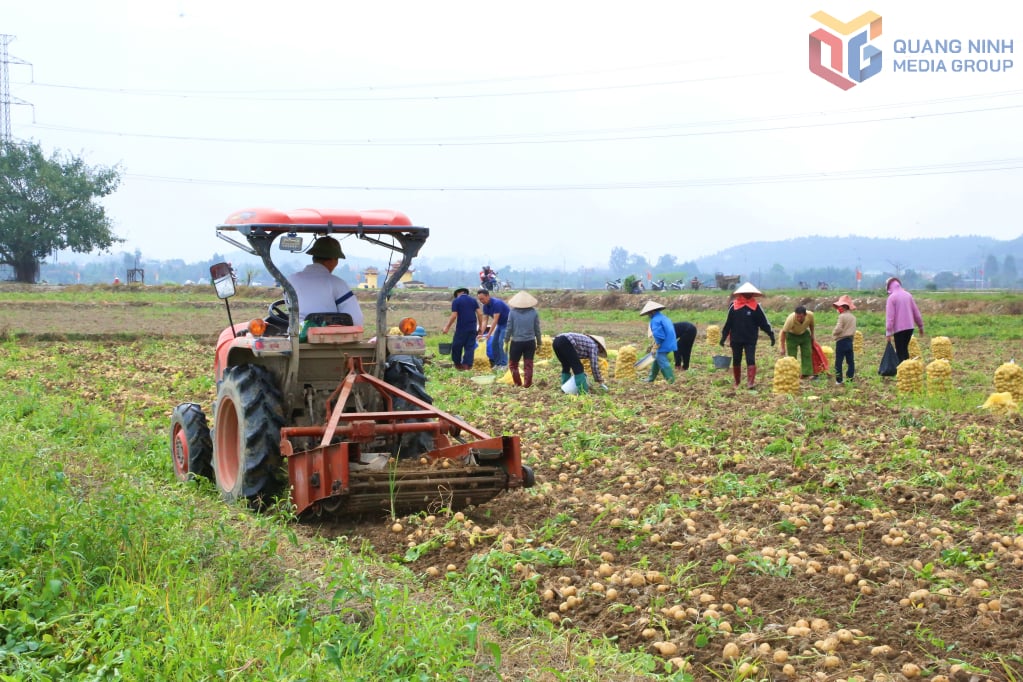
![[Photo] Rescuing people in flooded areas at the foot of Prenn Pass overnight](https://vphoto.vietnam.vn/thumb/1200x675/vietnam/resource/IMAGE/2025/9/6/19095b01eb844de98c406cc135b2f96c)
![[Photo] General Secretary To Lam attends the 80th Anniversary of the General Staff of the Vietnam People's Army](https://vphoto.vietnam.vn/thumb/1200x675/vietnam/resource/IMAGE/2025/9/6/126697ab3e904fd68a2a510323659767)

![[Photo] 80th Anniversary of the General Staff of the Vietnam People's Army](https://vphoto.vietnam.vn/thumb/1200x675/vietnam/resource/IMAGE/2025/9/6/49153e2a2ffc43b7b5b5396399b0c471)
![[Photo] Prime Minister Pham Minh Chinh attends the 80th Anniversary of the Vietnam Posts and Telecommunications Group](https://vphoto.vietnam.vn/thumb/1200x675/vietnam/resource/IMAGE/2025/9/6/39a89e5461774c2ca64c006d227c6a4e)



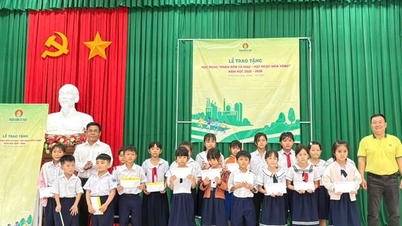

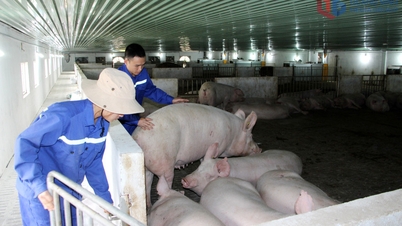





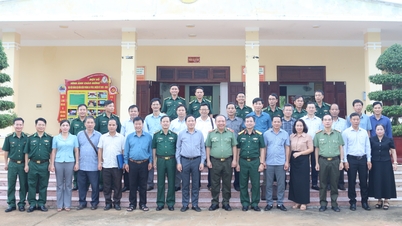

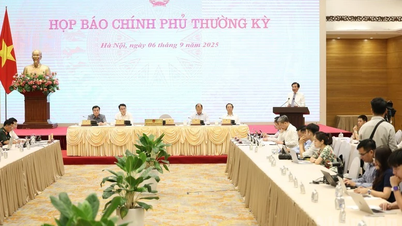

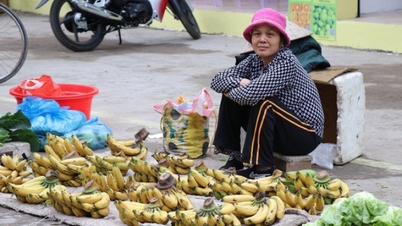

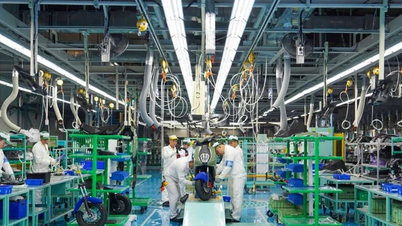

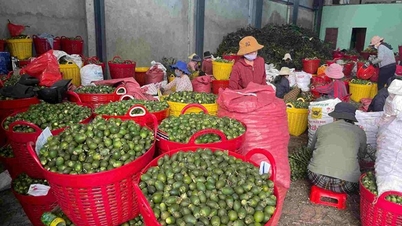

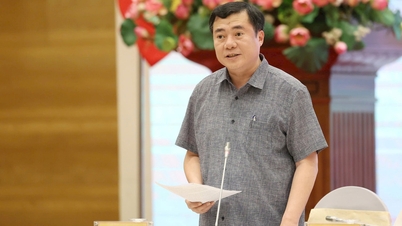









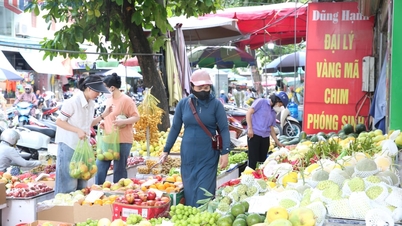
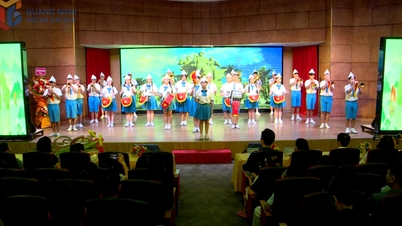
![[Photo] Many people directly experience beloved Uncle Ho and the General Secretaries](https://vphoto.vietnam.vn/thumb/1200x675/vietnam/resource/IMAGE/2025/9/6/2f4d9a1c1ef14be3933dbef3cd5403f6)






















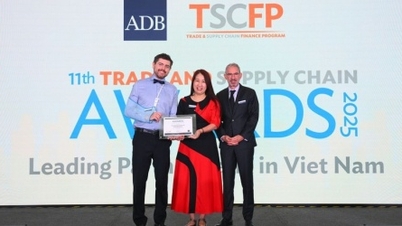









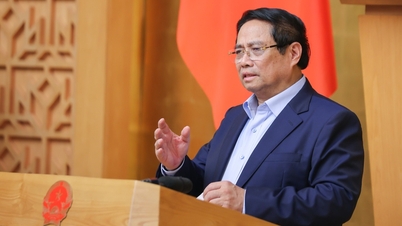


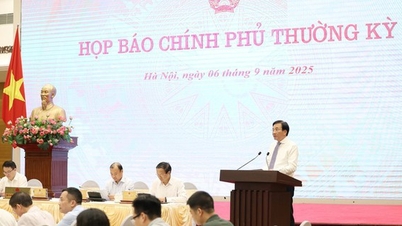




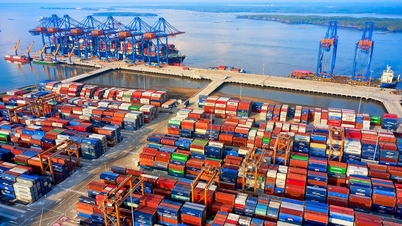






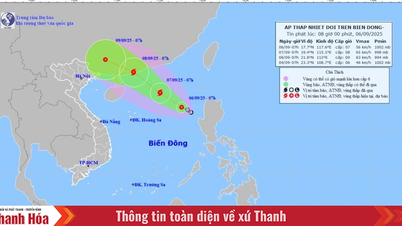
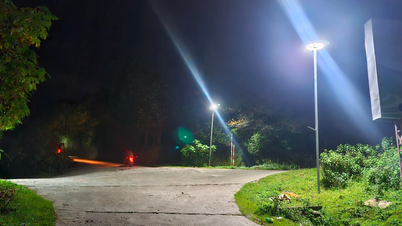


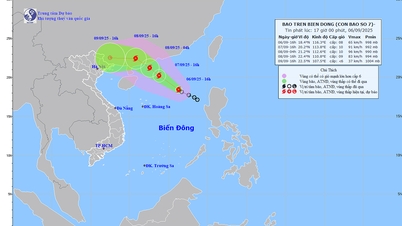


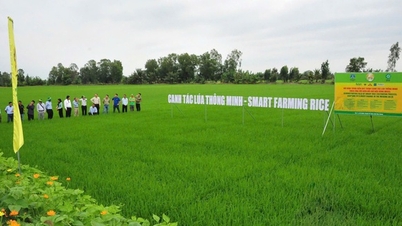
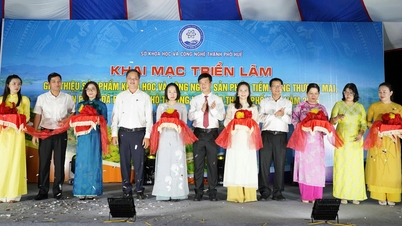

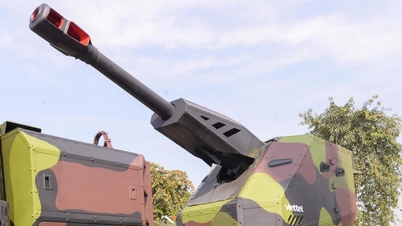
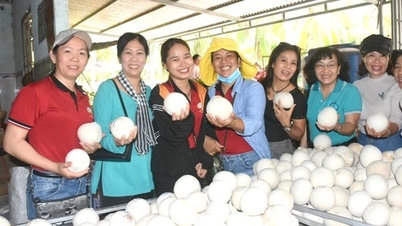






Comment (0)